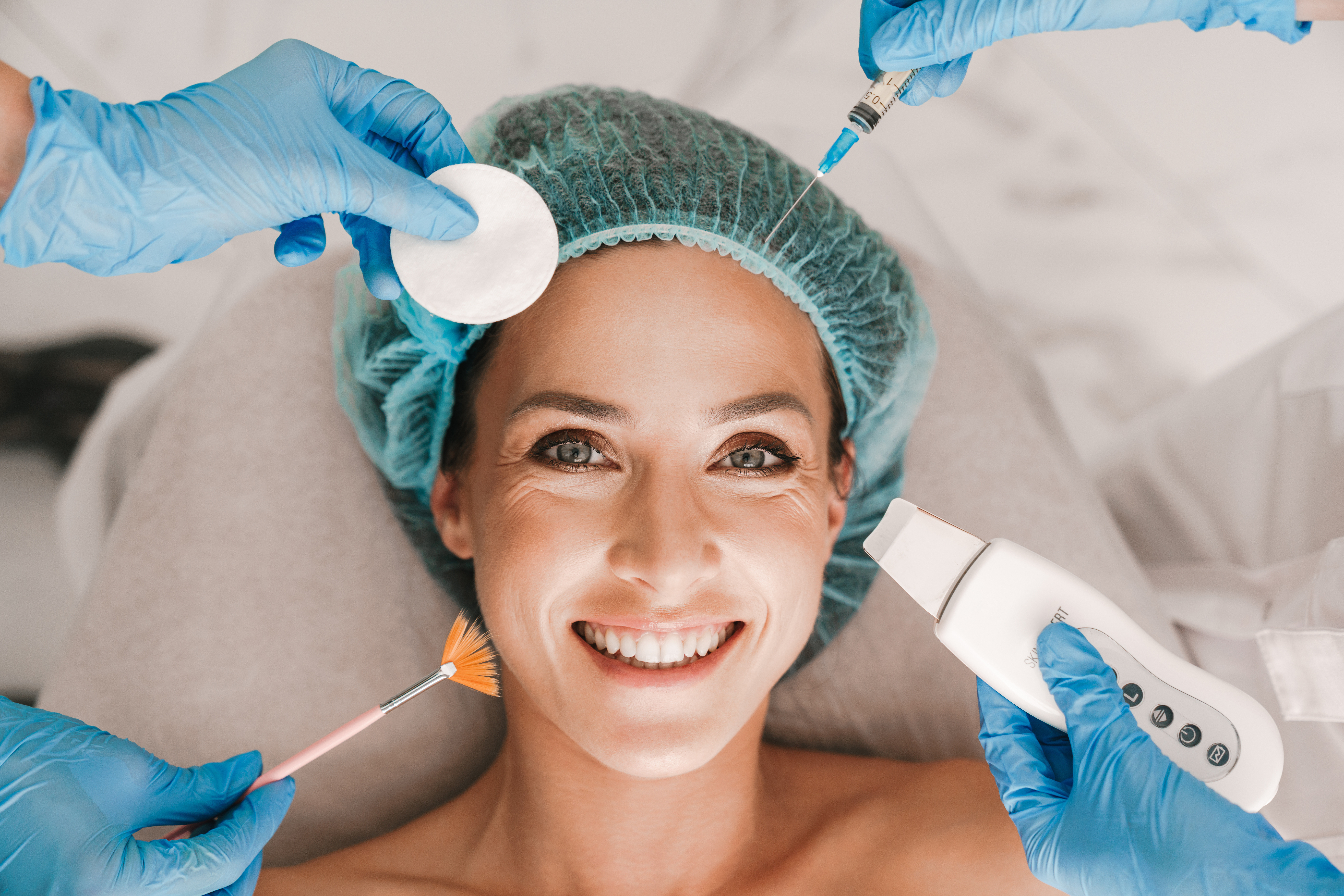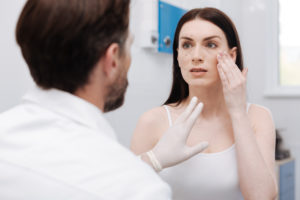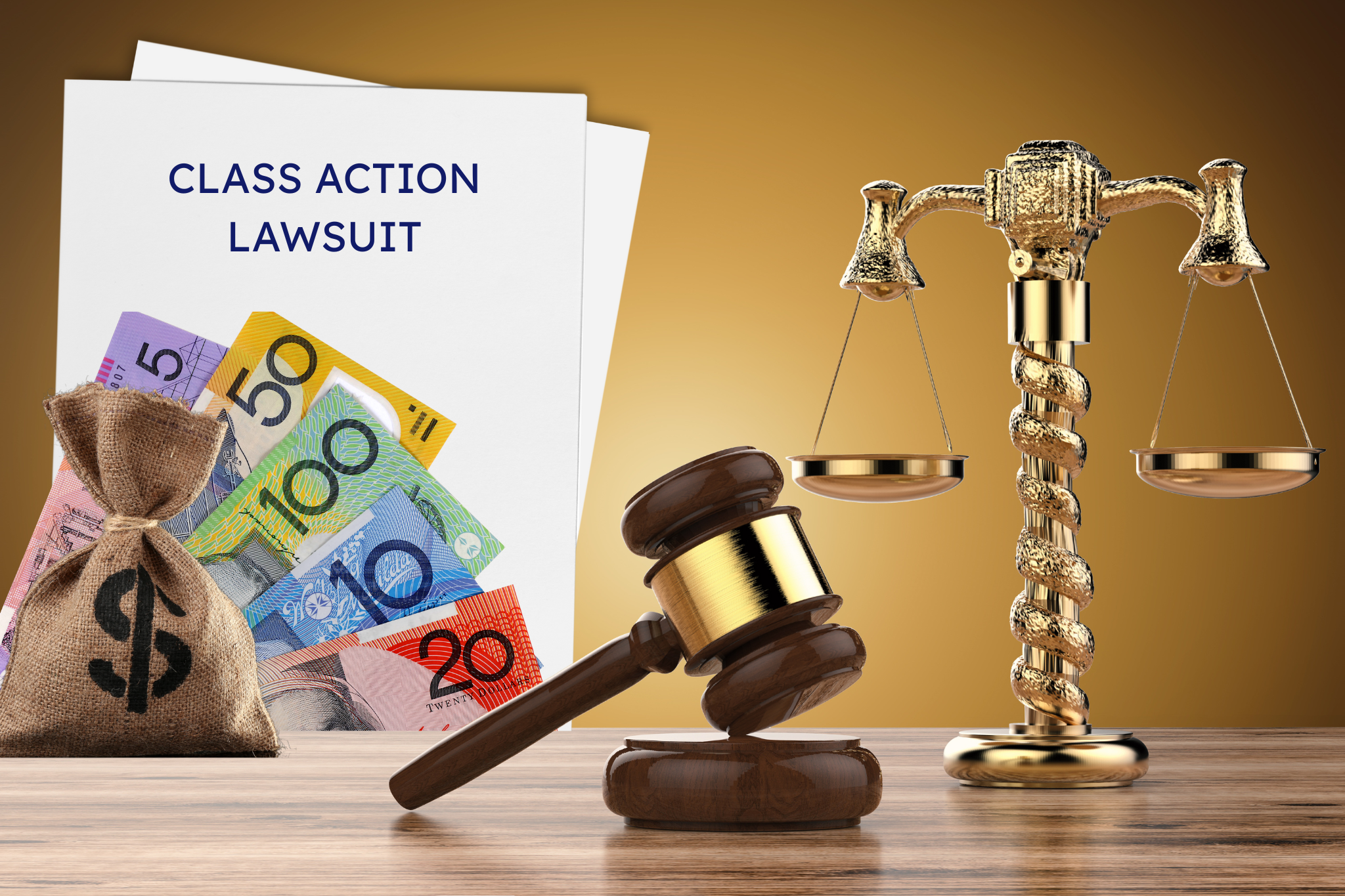
Sharp practice: Don’t take short cuts with cosmetic surgery
All surgery comes with risks and cosmetic surgery is no different. But with even the national medical regulator acknowledging that the industry’s profit-driven culture puts patients in danger, just how risky is it to go under the knife?
You would expect your cosmetic surgeon to be very well-qualified, wouldn’t you? To have experience well above the average medical degree if they are going to perform complex medical procedures such as liposuction or facelifts?
Under Australia’s current regulatory system, however, this is anything but the case, with often devastating results.

Investigations by ABC’s Four Corners program and The Age and Sydney Morning Herald newspapers revealed practices so alarming that the Australian Health Practitioners Regulation Agency (AHPRA) commissioned an independent review late last year.
The review released 16 recommendations in August designed to pull the multi-billion industry into line and make it safer for patients who choose to have cosmetic surgery.
So what does this all mean for Australian consumers and how can you ensure you don’t fall victim to a cosmetic cowboy?
Cosmetics surgery in Australia
What is the industry worth?
In Australia, the cosmetic procedure industry is estimated to be worth almost $1 billion a year, according to the Cosmetic Physicians College of Australasia (CPCA).
This figure is expected to grow as procedures become more affordable and accessible, with patients often able to finance their surgery through medical loans.
And Australians are going under the knife in droves. A report by The Victorian Cosmetic Institute found that the number of cosmetic procedures performed in Australia has dramatically increased over the past 20 years. With more than 500,000 procedures in 2021 alone, Australia has become the country with the most cosmetic procedures per capita — overtaking the United States.
What is difficult to determine is the number of operators. AHPRA says even coming up with an estimate is challenging, citing the following reasons:
-
- Cosmetic surgery is not covered by Medicare or private health insurance, so records are not as easy to obtain
- Funding data is not available
- There is no central reporting of procedures
Sounds dodgy, doesn’t it?
What types of cosmetic surgery are being performed?
AHPRA defines cosmetic surgery as “operations that involve cutting beneath the skin to revise or change the appearance of normal bodily features where there is otherwise no clinical or functional need for the procedure”. Common examples include:
-
- Breast augmentation
- Liposuction
- Nose jobs
- Eyelid surgery
- Facelifts
- Tummy tucks
Cosmetic treatments, on the other hand, are procedures to change the appearance of the body without cutting beneath the skin, such as:
-
- Fat freezing
- Botox
- Dermal fillers
Who can perform cosmetic surgery?
In Australia, there are no laws governing the level of expertise a practitioner must have before they can perform cosmetic surgery.

This means that any doctor with basic medical qualifications can set up a clinic and start performing procedures, regardless of their experience or training.
This is particularly concerning given that cosmetic surgery is an incredibly complex and delicate area of medicine.
Cosmetic surgery regulations
Who regulates the industry?
In Australia, the cosmetic surgery industry is regulated by several different organisations, including:
-
- The Australian Health Practitioner Regulation Agency (AHPRA)
- The Medical Board of Australia (MBA)
- State and territory health departments
- Australian Competition & Consumer Commission (ACCC)
But the jurisdiction of these bodies can be complex.
AHPRA and the MBA are responsible for registering and monitoring all health practitioners in Australia. They are also responsible for setting the standards of medical practice in Australia and ensuring that doctors meet them.
State and territory health departments are responsible for investigating complaints about health practitioners and taking disciplinary action where appropriate.
The ACCC is responsible for enforcing consumer protection laws, including the Australian Consumer Law (ACL). The ACL contains many provisions that are relevant to the cosmetic surgery industry, such as false and misleading representations and unconscionable conduct.
However, as the AHPRA report noted, “other laws, regulators and standards in the cosmetic surgery sector also apply”, including:
- State and territory laws that set out certain requirements about cosmetic surgery (including the facilities where procedures must be undertaken)
- State and territory laws that regulate private health facilities, including private hospitals
- State and territory health complaint entities that deal with complaints
- National standards for accreditation of health facilities
- National regulation of medicines and medical devices”
So what does this all mean?
It means that there is no one regulator with overall responsibility for the cosmetic surgery industry. Rather, it is a patchwork of different organisations with different responsibilities.
This can make it difficult for consumers to know who to turn to if they have a problem with a cosmetic surgery practitioner or clinic.
It also makes it difficult for the regulator to take action against rogue operators, as they rely on complaints being made to them first.
How effective are these organisations?
The cosmetic surgery industry is notoriously poorly regulated in Australia.
The independent review AHPRA ordered found that there was a “lack of awareness” among consumers about the risks associated with cosmetic surgery and that the industry was “not well equipped to deal with complaints”.
This lack of regulation has led to some serious problems in the industry, including:
-
- Cosmetic surgeons with little or no training performing complex procedures
- Cosmetic surgery clinics operating without a licence
- Cosmetic surgery clinics not being inspected by any regulatory body
- Cosmetic surgery clinics advertising misleading information about their services
These problems have resulted in several serious injuries.
In August 2022, The Guardian reported that AHPRA had received “313 notifications of cosmetic surgeries that had a complication or injury in the three years up to June 2021.”
In their extensive investigation, ABC’s Four Corners, The Age and Sydney Morning Herald revealed shocking reports about people who have been left with serious complications.
The Australasian Society of Aesthetic Plastic Surgeons (ASAPS) argued that the reforms proposed as a result of these investigations did not prioritise patient safety and did not go far enough.
What's happening?
Simply put, things that are not supposed to happen are happening, but things that are supposed to happen are not.
The use of the term 'cosmetic surgeon', for example, has long been contentious. It should only be used by those with the proper credentials, but anyone with a basic medical degree can (and unfortunately does) call themselves one.
There has been a push for many years to prevent this from happening, with medical specialists and advocates arguing that doctors describing themselves as surgeons give the impression they are far better trained than their actual qualifications indicate.
Specialist plastic and reconstructive surgeons have had between eight and 12 years of postgraduate surgical training. The average doctor does not.
How do you find a reputable cosmetic surgeon?
You have to tread very carefully. "Cosmetic surgeons" spend a lot on advertising — usually via influencers, so it's easy to see (and hear) them everywhere you turn. 7News reported that “#plasticsurgery” and “#lipfiller” have a whopping 27 billion views on TikTok alone.
Fake reviews are another problem you'll encounter. Many clinics will hire marketing firms to post glowing reviews on their behalf. Or they will “photoshop” before and after photos themselves.

So, what can you do? The best thing is to get recommendations from people you trust. Failing that, your GP should be able to suggest a few reputable surgeons in your area.
To make sure you're getting the care you deserve, we urge you to take the following steps:
-
- Only consider those who have the right credentials. You can use the Find a Health Practitioner service on the AHPRA website to check this.
- Make sure they're registered with the MBA. You can check this on the MBA's website.
- Ask to see before and after photos of their work.
- Check that they have adequate medical indemnity insurance.
The Australian Society of Plastic Surgeons (ASPS) says, ideally, you should find a surgeon who has completed specialist surgeon training at an accredited medical centre and who has been certified by the Royal Australasian College of Surgeons (RACS).
What are the risks of cosmetic surgery?
As with any surgery, there are risks involved with cosmetic surgery. These include:
-
- Bleeding
- Infection
- Blood clots
- Nerve damage
- Scarring
- Asymmetry
- Skin necrosis (death)
- Allergic reactions
- Unsatisfactory results
It's important to remember that cosmetic surgery is not just about vanity. It's serious surgery with potential risks and complications.
This is why it's so important to do your research and choose a reputable surgeon.
How to reduce your risks
You can do many things to reduce the risk of complications from cosmetic surgery. Besides choosing a qualified doctor, you should also prepare your body by making sure it is in the best shape possible before the surgery. This includes:
-
- Quitting smoking
- Eating a healthy diet
- Avoiding alcohol in the weeks leading up to surgery
You should also have realistic expectations about the results. Cosmetic surgery can do wonders, but it's not a miracle worker. It won't completely change your appearance or make you look like someone else.
What changes can we expect in the industry?
It’s clear the industry needs a big shake-up, with the independent review outlining what needs to change to protect Australian consumers from cosmetic cowboys. AHPRA and the Medical Board of Australia have accepted the 16 recommendations, including:
-
- Ensuring doctors have ‘endorsed training’ accredited by the Australian Medical Council
- Revising advertising guidelines
- A cosmetic surgery enforcement unit to be established within AHPRA
- Setting up a confidential cosmetics hotline
But critics say the review does not go far enough and the recommendations will not do enough, even if they are implemented.
ASPS said the recommendations “failed to protect consumers from harm”. It’s a sentiment echoed by ASAPS. “AHPRA has chosen to protect those who call themselves cosmetic surgeons, instead of protecting patients,” ASAPS president, Dr Robert Sheen, says.
What can you do if the surgery goes wrong?
There is no specific law in Australia that covers cosmetic surgery. This means there is no guarantee of quality or safety.

If you have a bad cosmetic surgery experience, you can complain to the Health Complaints Commission (HCC) in your state or territory. You can also make a complaint to AHPRA, the MBA or ACCC.
However, making a complaint will not get your money back or, crucially, undo the surgery. Yes, surgeons could face fines and be deregistered, but the damage to your body has already been done.
We still encourage you to report any negative experience, as you may be able to get some restitution, and your complaints could see action taken against a rogue practitioner - thus protecting other consumers.
You can also complain to the Cosmetic Physicians Society of Australasia (CPSA) if your surgeon is a member.
If that doesn't cut it
It can be hard to know where to lodge your complaint given that the industry is so loosely regulated. If you've been the victim of cosmetic surgery gone wrong and don’t know where to start, get help from us at Handle My Complaint.
We will save you time and money trying to work out who you need to complain to, so you don’t get passed from one agency or department to the next. We’ll help you handle it.






